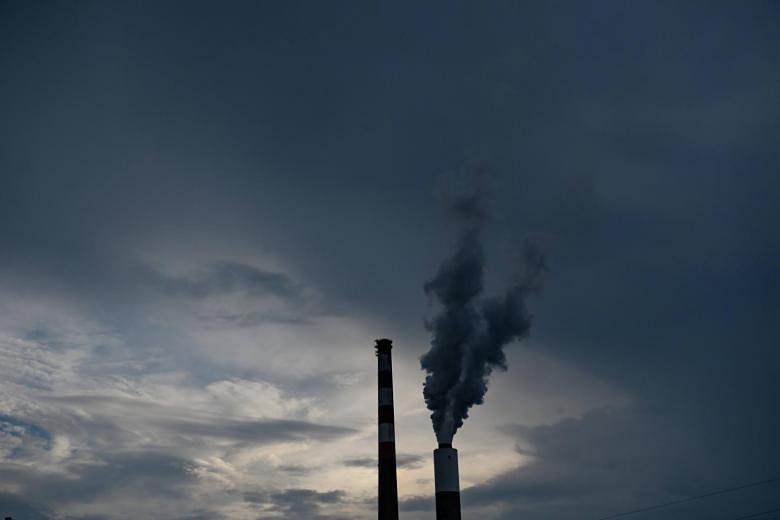CANBERRA (XINHUA) - An Australian think tank has warned that a push by the European Union (EU) to introduce carbon tariffs, an issue to be discussed at the Group of Seven (G-7) summit, will put Australian industry and manufacturing processes, mainly steel, aluminium and alumina, at risk.
In a report published on Friday (June 11) ahead of the summit, the Australia Institute said that the adoption of a cross-border carbon adjustment could seriously affect Australia's exports of alumina and aluminium.
The EU carbon border adjustment mechanism (CBAM) would impose a levy on carbon-intensive goods imported to the EU and Britain from "less climate-ambitious countries".
If introduced, tariffs would be placed on Australian exports of energy-intensive materials such as aluminium and steel.
"Some sectors of the economy are going to be highly vulnerable if Australia doesn't act," Dr Hugh Saddler, a contributor to the report from the Australian National University's Crawford School of Public Policy, said in a media release.
"Almost all Australian aluminium and alumina goes to export. Australia needs to ensure the competitiveness and future of these industries, and our broader manufacturing sector, by investing in clean production methods," he said.
According to the report, Australia is the world's second-biggest producer of alumina, accounting for 13.9 per cent of global output.
The Australian government has pushed back against the CBAM, describing it as a "protectionist" policy.
"Our view is that carbon tariffs are not the way to go," Trade Minister Dan Tehan told a South Australian radio earlier this week. "They're protectionist at heart and all they'll do is harm trade, which obviously benefits all countries."

